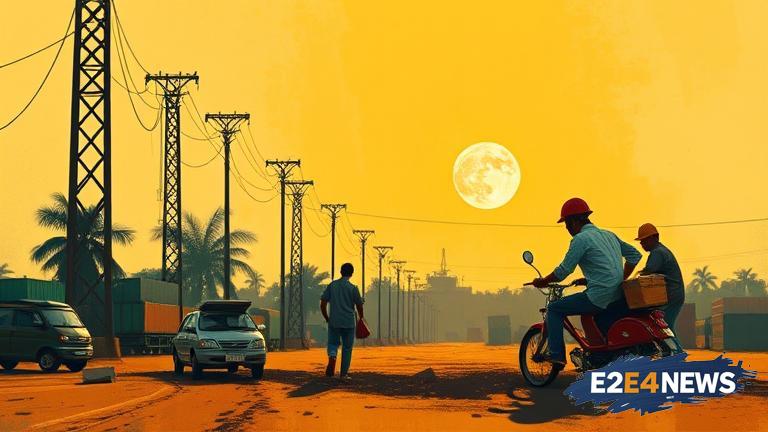The recent tariffs imposed by the US government, led by President Donald Trump, have sent shockwaves across the globe, with India being one of the most affected countries. Tamil Nadu, a major hub for textile and leather exports, is facing a significant threat to its economy. The tariffs, which range from 10% to 25%, have made Indian exports less competitive in the US market, putting 3 million jobs in the state at risk. The textile industry, which is one of the largest employers in Tamil Nadu, is expected to be the worst hit. The industry, which accounts for over 40% of the state’s exports, is already facing a decline in demand due to the COVID-19 pandemic. The tariffs have further exacerbated the situation, with many exporters struggling to stay afloat. The leather industry, another significant sector in Tamil Nadu, is also facing a similar crisis. The state’s exporters are finding it difficult to compete with other countries, such as Vietnam and Bangladesh, which have lower labor costs and more favorable trade agreements. The Indian government has been trying to negotiate with the US to exempt Indian exports from the tariffs, but so far, there has been no breakthrough. The situation has sparked concerns among workers and trade unions, who fear that the tariffs could lead to widespread job losses. The Tamil Nadu government has also expressed its concerns, with the state’s commerce minister urging the central government to take immediate action to protect the state’s exports. The US tariffs have also had a ripple effect on the Indian economy, with the rupee depreciating against the dollar and the stock market experiencing a decline. The Indian government has announced several measures to support exporters, including a reduction in taxes and an increase in subsidies. However, many exporters feel that these measures are insufficient and that more needs to be done to address the crisis. The US tariffs have also sparked a debate about the need for India to diversify its exports and reduce its dependence on the US market. Many experts believe that India needs to focus on emerging markets, such as Africa and Southeast Asia, to reduce its vulnerability to trade wars. The situation has also highlighted the need for India to negotiate better trade agreements with other countries, including the US. The Indian government has been trying to negotiate a trade deal with the US, but so far, there has been no progress. The US tariffs have also had a significant impact on the Indian textile industry, with many manufacturers struggling to stay afloat. The industry, which is one of the largest employers in India, is facing a decline in demand due to the tariffs. The situation has sparked concerns among workers, who fear that the tariffs could lead to widespread job losses. The Indian government has announced several measures to support the textile industry, including a reduction in taxes and an increase in subsidies. However, many manufacturers feel that these measures are insufficient and that more needs to be done to address the crisis.
